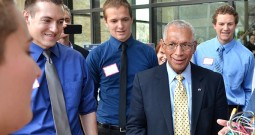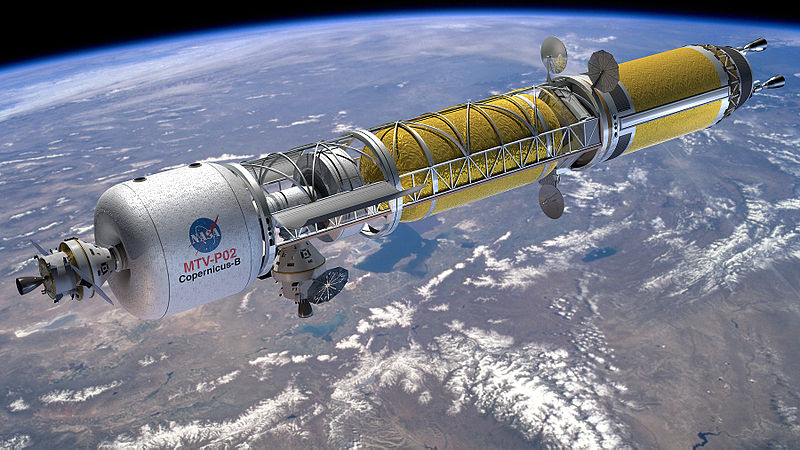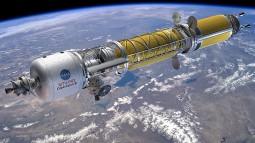
Beyond Earth (start time 5:10) Many have dreamt of colonizing other planets. It’s been a staple of science fiction for decades. Most often, people imagine creating a colony of humans on Mars, where people would live on a cold, dry planet with a thin, unbreathable atmosphere. Mars, however, may not be the best destination for future human colonization. In fact, Titan, a moon of Saturn, may hold greater hope for extending humanity’s presence in the solar system. Either way, humans face tough but surmountable challenges as we move beyond Earth. As a planetary scientist, Dr. Amanda Hendrix is actively involved in the scientific research and future mission planning that will enable humans to settle on other planets. She’s the co-author, with Charles Wohlforth, of the new book Beyond Earth: Our Path to a New Home in the Planets. Listen to How On Earth’s Alejandro Soto’s interview with Amanda Hendrix, where they discuss the opportunities and challenges for human space exploration.
Hosts: Alejandro Soto, Shelley Schlender
Producer: Alejandro Soto
Engineer: Shelley Schlender
Executive Producer: Beth Bennett
Additional Contributions: Joel Parker, Beth Bennett
Listen to the show:
Podcast: Play in new window | Download (Duration: 27:22 — 25.1MB)
Subscribe: RSS

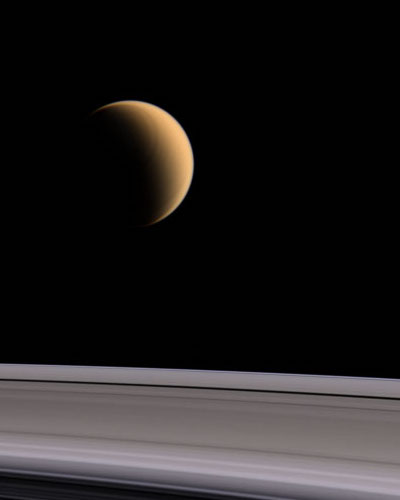


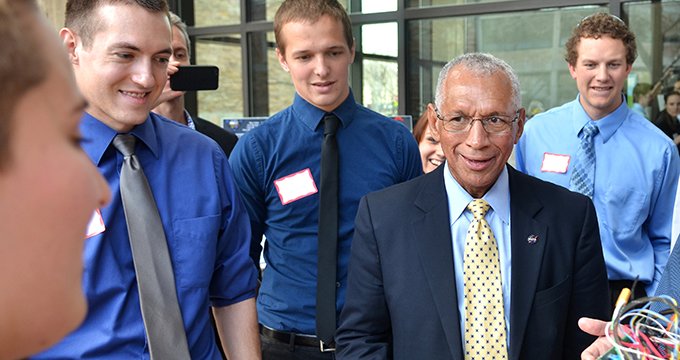
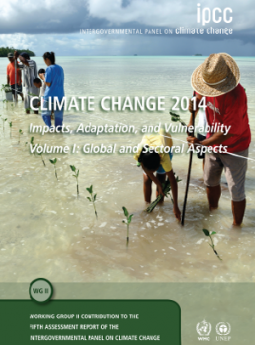 Earth Day gives us plenty of reason to reflect on the state of the planet and the impact we humans have had on it. This week’s show featured
Earth Day gives us plenty of reason to reflect on the state of the planet and the impact we humans have had on it. This week’s show featured 